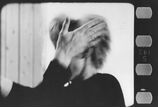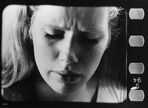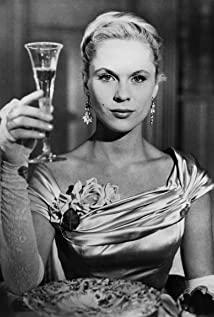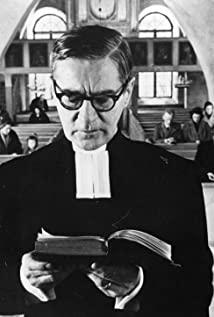I can't say I understand it all, I have to explain it myself in the end. At the beginning of the film, Elizabeth, as an actor, is suddenly speechless, and has remained silent since then. Because she suddenly realizes the insurmountable gap between herself and the role. The role makes her a mother but does not give her the ability to love her children; the role makes her a wife but does not give her the ability to love her husband. The true self is inaccessible and inexpressible. Secondly, Elizabeth's silence, she did nothing, but let the nurse reveal her past sins, made her angry, and finally became the weaker party, begging for her forgiveness. What makes Elizabeth angry is that the nurse says she is sick, the real Elizabeth does not agree with this, this is what Elizabeth played by the nurse agrees (she said she is sick when she meets Elizabeth's husband), this is the judgment of the outside world on Elizabeth, They distinguish abnormal behavior from normal people in order to maintain the existing order (Foucault), complex human hearts make science (doctors) unable to diagnose, and can only say "you are sick" as a fig leaf. As for the charm of silence itself, there has been a long comment, and there is no need to repeat it. Finally, the nurse's first change in attitude begins with her recounting an experience she feels disgraceful. Before starting this experience, she generalized that her life is meaningful, that her life trajectory is like that of the public, that exams and marriages are all successful... But uncovering this ordinary surface, the details of life made her realize her Broken life.
View more about Persona reviews










